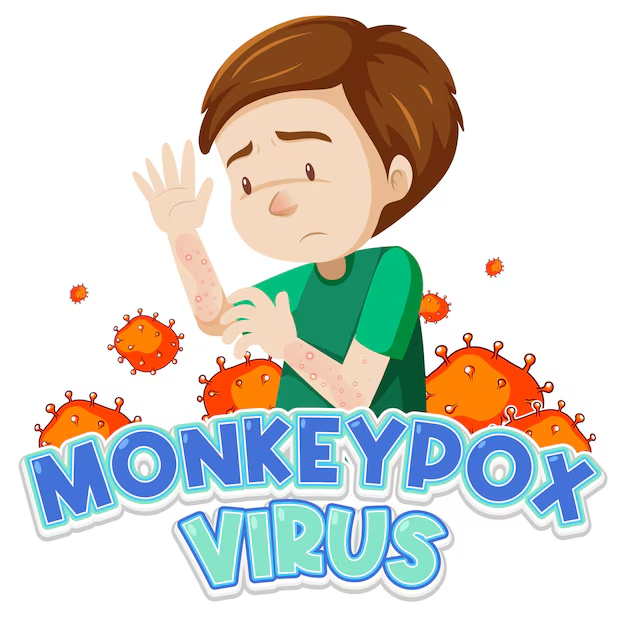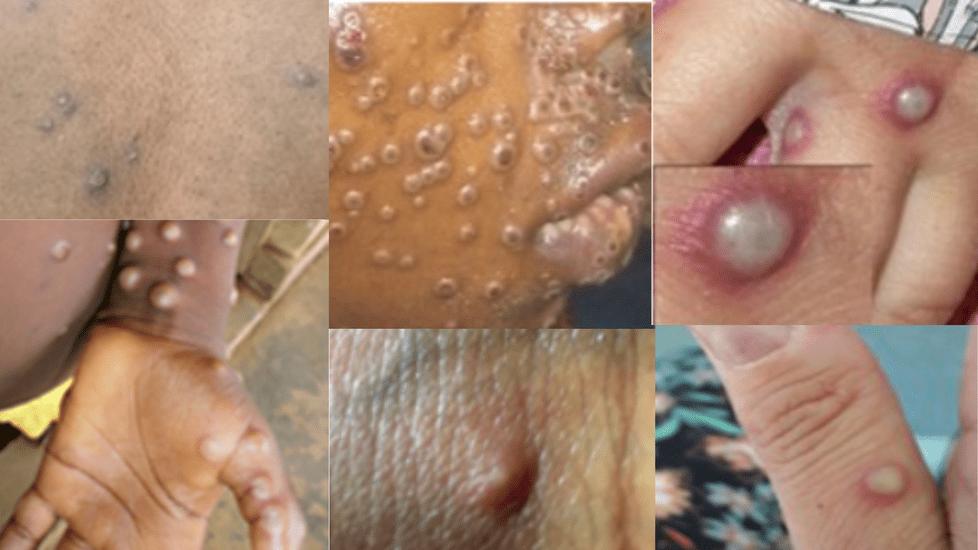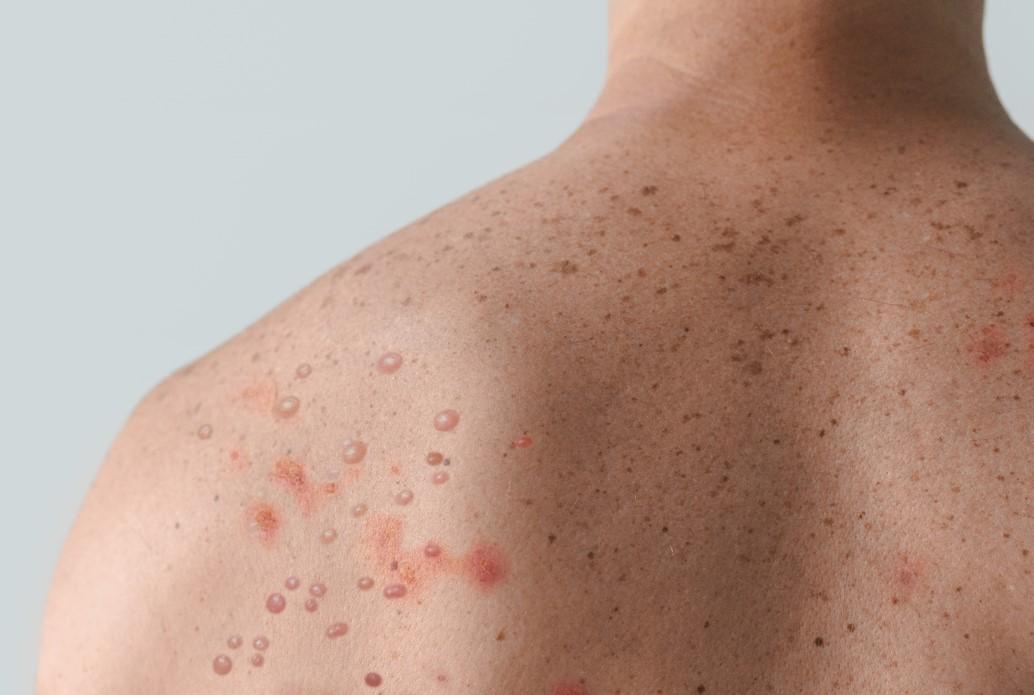
What to do if a monkeypox outbreak
- Step 3, 2024

Whilst the world of shipping continues to face challenges surrounding the presence and effect of Covid-19 there is a new virus circulating that is receiving a lot of media coverage and is causing sufficient concern for the WHO to declare that it constitutes a Public Health Emergency of International Concern. That virus is known as monkeypox.
According to IMO: monkeypox is a viral zoonosis (a virus transmitted to humans from animals) with symptoms like those seen in the past in smallpox patients, although it is clinically less severe. Monkeypox virus is transmitted from one person to another by close contact with lesions, body fluids, respiratory droplets and contaminated materials such as bedding.
Whilst the two types of monkeypox originate from West Africa and the Congo Basin it is clear that seafarers living in close proximity of each other on board vessels could be at risk of passing the virus to their shipmates. Cases are now being found globally so it is not just voyages to West Africa that should cause concern as infection could potentially occur anywhere. Furthermore, it is not only transmitted through sexual activity between two males. Any direct contact with bodily fluids or lesions, close ‘face to face’ contact allow respiratory droplets to pass between each other and even indirect contact through handling contaminated items of bedding or clothing are all considered as transmissible events.
Similar to Covid-19, monkeypox infection is likely to bring on flu-like symptoms – fever, headaches etc. and the incubation period could be up to 21 days. A rash usually appears within 1 to 5 days after the onset of symptoms and this could be on the face, inside the mouth, and on other parts of the body, like hands, feet, chest, genitals or anus. The illness will typically last between 2-4 weeks.
However, sometimes people get the rash first, followed by other symptoms. Others only experience a rash. It is therefore very important for seafarers to be aware of their health and alert others on board if they feel that they are suffering any of these symptoms.


Ship operators should advise their P&I Clubs immediately if they suspect they have a case on monkeypox on board one of their vessels. The Club can provide advice and guidance and instruct experts to assist.
Ports around the world will react differently to the presence of monkeypox on board a visiting vessel just as they do with Covid-19. Expert Correspondents will be able to assist with evacuation, safe transport and isolation of infected personnel. Decontamination may be required and safe crew transfers and repatriation. Vaccination and treatment can also be arranged.
Ship operators and seafarers should already be alert to the dangers of infectious diseases, so it is important that they do not let those standards slip and remain vigilant.